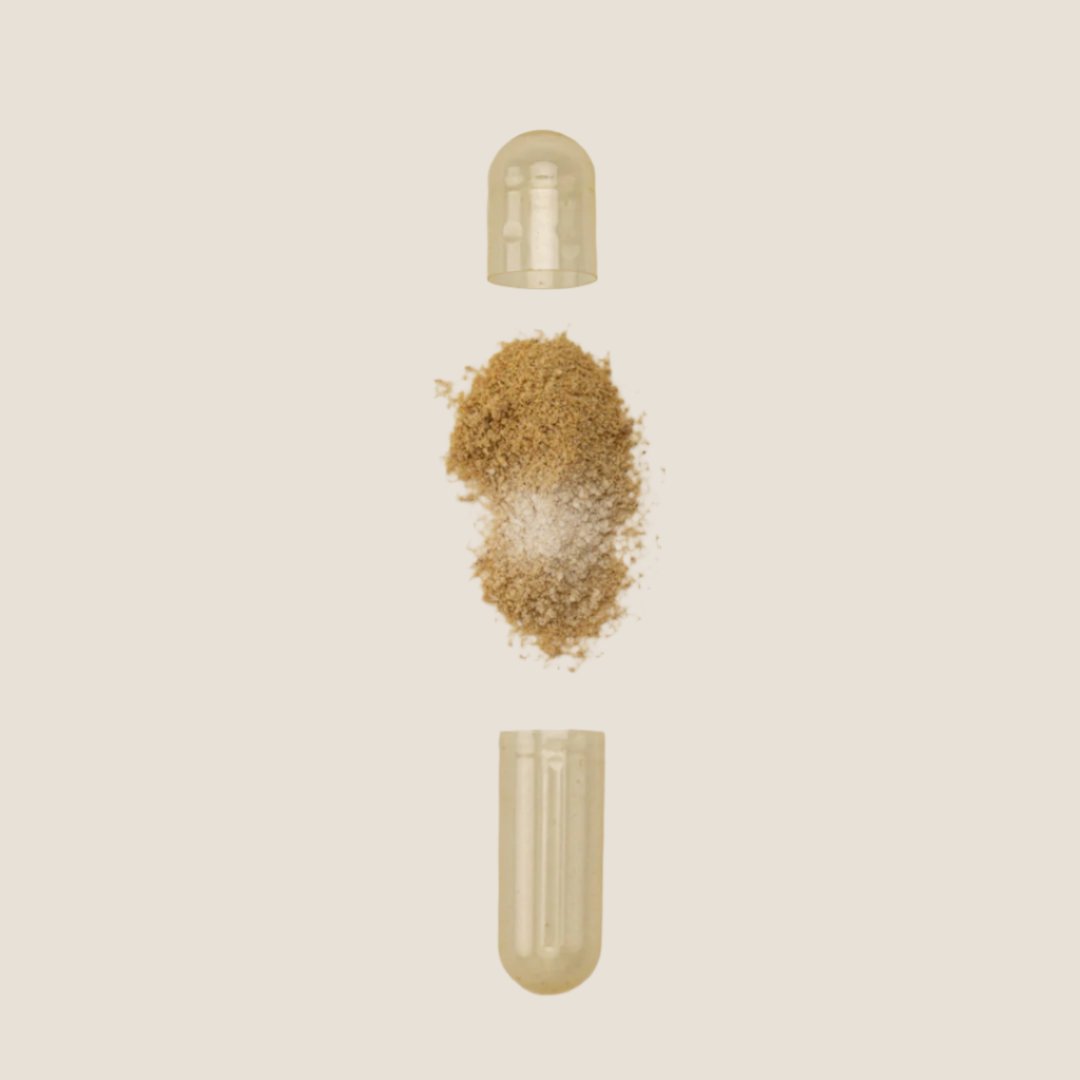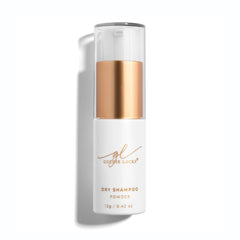It’s a common belief that our hair might grow faster in certain seasons, especially during colder months like winter. But does it really? The answer isn’t as simple as “yes” or “no,” and understanding how hair grows and cycles through its stages can help explain what really happens during the winter months.
Your Hair Growth Cycle

Hair goes through a continuous cycle of growth (anagen), rest (catagen), shedding (telogen), and then it repeats this cycle over time. On average, human hair in the active growth phase, or anagen phase, grows about 0.35 mm per day, which is roughly half an inch per month. Once it reaches the telogen phase, the hair is at rest, forming a white nodule at the base, often referred to as "club hair." This hair eventually sheds to make way for new growth as the follicle re-enters the anagen phase again.
We naturally shed anywhere from 50 to 150 hairs each day, but because not all our hair follicles are in the same phase at the same time, hair loss usually goes unnoticed. Approximately 90% of the hairs on your head are in the anagen phase, while the remaining 10% are in the telogen phase. This balance helps maintain a relatively constant hair density on the scalp throughout the year.
Seasonal Changes

While hair cycles tend to remain consistent, studies have shown there is a noticeable seasonal variation in hair shedding. Hair loss tends to peak in late summer and autumn, which suggests that changes in daylight, temperature, and other environmental factors may influence how we lose and regrow hair.
During late summer and early fall, a higher percentage of hair follicles enter the telogen (shedding) phase, which can explain why many people notice more hair fall during this time. However, by winter, the cycle stabilizes and while the shedding process continues, the focus shifts to whether the actual growth rate of hair changes.
Does Hair Grow More in Winter?

Surprisingly, hair growth doesn't speed up in the winter, despite the need for a little extra warmth. In fact, it may slow down slightly. The human body tends to recalibrate our bodily functions in colder months to maintain body heat and this can result in your hair growth slowing down.
Hair has been observed to grow faster in hot climates and during the summer. The theory behind this is that the body works to cool itself in warmer temperatures, and a healthy, functioning scalp is part of that cooling process. In colder months, however, hair growth may slow to create an insulating barrier on the scalp, helping to keep the body warmer. This insulation isn't about growing more hair but rather maintaining the density and coverage of the existing hair for thermal protection.
Seasonal Hair Shedding

The shedding process peaks during late summer and autumn, a natural part of the hair growth cycle. So, if you notice more hair on your pillow, in the shower or on your brush in autumn, don’t worry this is perfectly normal and part of your body’s natural response to the changing seasons.
Tips for Keeping Hair Healthy During Winter

Even though hair might not grow more in winter, the colder weather can present its own set of challenges for your hair's health and vitality. Dry air, indoor heating, and harsh weather conditions can strip necessary moisture from your scalp and hair, leading to dryness, breakage, and even increased shedding. Here are some tips to keep your hair healthy during the colder months:
- Moisturize regularly, dry air can lead to brittle hair. Using moisturizing shampoos, conditioners, and a hydrating hair mask, like Goldie Locks® offers in their Signature line, can lock in hydration and keep your hair soft and healthy.
- A healthy scalp equals healthier hair. Use scalp treatments or serums, like Goldie Locks® Scalp Serum, to nourish and balance your scalp, promoting a healthier environment for healthy hair growth.
- Excessive heat from styling tools can make dry hair even more prone to damage. If you need to style your hair, use a heat protectant or opt for low-heat settings to minimize damage.
- Protecting your hair by wearing a hat or scarf can prevent your hair from becoming damaged from harsh, cold winds or other elements that can cause damage or moisture loss.
Final Thoughts
While hair growth may slow down slightly during winter, you can focus on scalp health and a balanced moisture to hydration replenishment to maintain resilient strands. While this may not increase your hair growth rate, it will ensure that your hair remains strong and vibrant all season long.


























